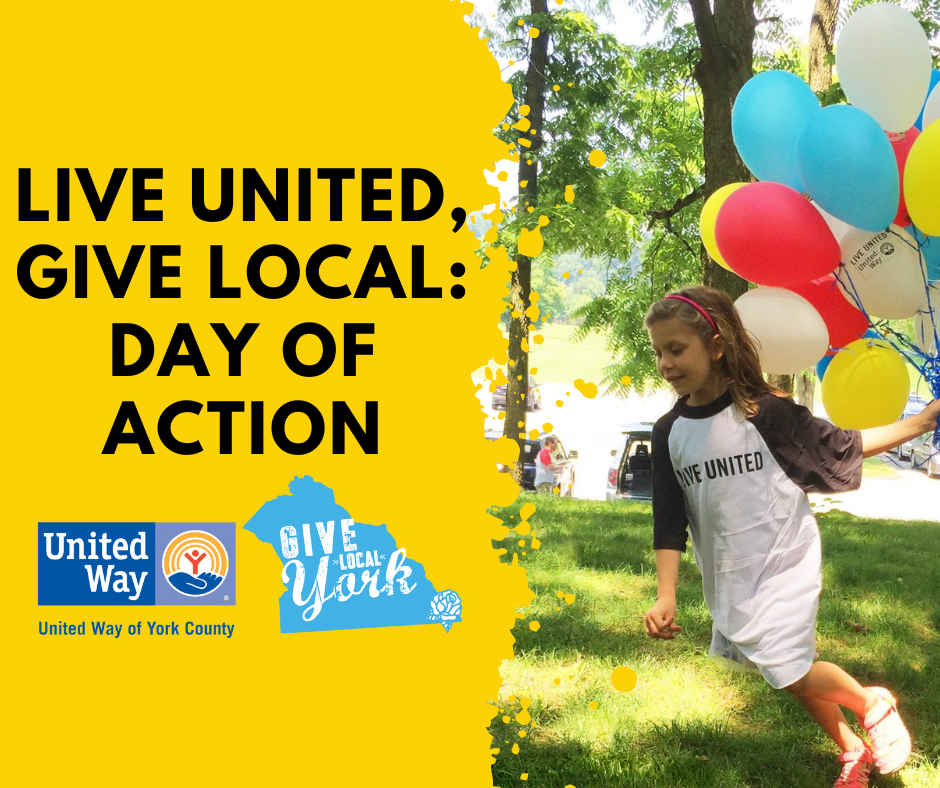
Have you ever thought about lending a helping hand to a nonprofit organization in your community? Volunteering makes a significant positive difference in the lives of others, but you may not realize that it has an equally healthy impact on you. Whether you’re working on a donations drive, participating in an environmental clean-up, or helping to provide essential social services in your community (such as helping with tax preparation), volunteering can enrich your life in unexpected ways.
Although your primary motive for offering your time should always be helping others, understanding how volunteering benefits you just might mean the difference between thinking about giving back to your community and actually doing it.
What Are the Benefits of Volunteering?
Donating your time is one of the best ways to help out your community — which, it turns out, is also good for you. Here’s what you need to know about the health benefits of volunteering.
Mental and Cognitive Health
Volunteering with a worthy organization and cause is a fantastic way to boost your mental and cognitive health. Engaging in pro bono work helps you to:
- Reduce stress, anger, and anxiety (particularly by empowering you to stop “doomscrolling” and start addressing important needs in your community)
- Combat depression (by staying in contact with others and forming a supportive network)
- Gain a sense of purpose and accomplishment (particularly if you are new to the job market, retired, or between jobs)
- Improve your self-esteem
- Stay mentally stimulated
- Reduce feelings of loneliness and isolation
- Lower the risk of cognitive decline (for older adults)
- Improve your mood and overall outlook on life (due to the feel-good endorphins released by giving, and by taking action where it’s needed)
Physical Health
Volunteering often involves physical activities that can improve your overall fitness. Activities like planting trees, walking, or participating in car wash drives can increase your physical activity levels, contributing to better heart health and increased longevity.
Even if your role doesn’t involve intense physical activity, simply standing for long periods of time or choosing to walk or bike to your nonprofit’s location can boost your strength, endurance, and metabolism. Studies show that people who volunteer regularly have lower blood pressure and a reduced risk of heart disease.
You can also improve your physical health if you have limited mobility or a disability that leads you to work through the phone or your computer. The mental health perks of donating your time also translate into better overall physical health. For example, doing any form of volunteering is good for heart and cardiovascular health, as reducing stressors can work to lower blood pressure, blood glucose levels, and abdominal fat while raising “good” cholesterol and increasing longevity.
Social Health
Volunteering is a great way to connect with others and build a strong social network. The social benefits of volunteering can include the following:
- Working with others toward a common goal, fostering a sense of community and belonging
- Meeting new people
- Making new friends or strengthening existing relationships (if you volunteer with a friend or family member)
- Improving social skills
- Enhancing your cultural competence and social empathy (by working with people of diverse identities, abilities, and backgrounds)
Career Health
Volunteering can also be a stepping stone to career advancement. It offers opportunities to learn new skills, gain valuable experience, and explore potential career paths (including working in the nonprofit sector). The experience you gain from giving your time can help you identify and refine your career interests and goals. In addition, volunteering enhances your résumé and makes you more attractive to potential employers by demonstrating your reliability, ability to work well with others, and commitment to goals and causes.
Many volunteer activities provide training and experiences that can be directly applicable to your career. For instance, if you’re considering a career in healthcare, volunteering at a hospital can give you a taste of a related work environment and help you build relevant marketable skills.
Further, volunteering allows you to expand your professional network. The connections you make while volunteering can lead to job opportunities, mentorship, and career guidance.
Volunteering is a win-win activity. It allows you to contribute positively to your community while reaping significant benefits for your mental, physical, social, and career health. So, why not take the first step and find a volunteer opportunity that resonates with you? Not only will you make a difference in the lives of others, but you’ll also enrich your own life in ways you never imagined.
Volunteer With United Way of York County

United Way of York County in Pennsylvania is assisting hardworking households on their journey toward financial stability. In order to meet the needs of the ALICE (Asset Limited, Income Constrained, Employed) population, we are embarking on an issue-focused strategy to create transformational impact for working households by focusing on two key barriers: childcare and transportation.
Want to make a difference in York County? Volunteer with us!
We have opportunities in our Volunteer Income Tax Assistance Program (VITA), which offers free tax preparation and filing to low- and moderate-income individuals, families, persons with disabilities, the elderly, and limited English-speaking taxpayers who need assistance in preparing their own tax returns in York County.
Want another way to get involved? York County’s largest day of volunteering is BACK on Friday, September 20! This year we are partnering with Give Local York to bring back Live United, Give Local: A Day of Action. Please visit our website to sign up for several volunteer opportunities throughout the county that are still looking for assistance.
